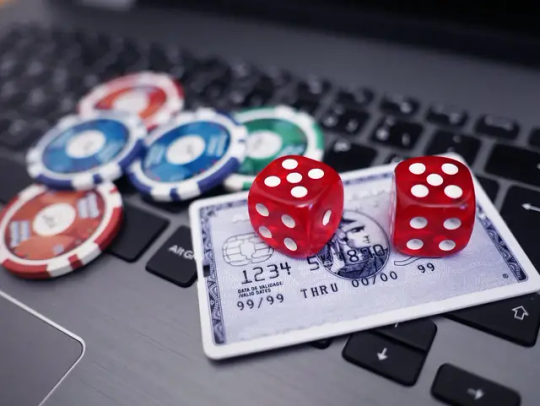Text
Sports Betting: A Game of Skill or Chance?

In the world of sports betting, a perennial debate rages on: is it a game of skill or chance? This question lies at the heart of legal and regulatory frameworks governing sports betting, shaping perceptions of the industry and influencing public policy decisions. In this article, we delve into the complexities of this debate, exploring the arguments for both sides and examining the implications for bettors, regulators, and stakeholders.
The Skill Argument: Analyzing Data and Making Informed Decisions
Proponents of the skill argument contend that sports betting is primarily a game of skill, requiring knowledge, analysis, and strategic decision-making to achieve success. Bettors who invest time and effort in researching teams, analyzing statistics, and studying betting markets are more likely to make informed decisions and achieve favorable outcomes. Skills such as probability assessment, risk management, and situational analysis are essential for maximizing returns and minimizing 먹튀검증 losses in the dynamic and unpredictable world of sports betting.
The Chance Argument: Embracing Uncertainty and Randomness
On the other hand, proponents of the chance argument argue that sports betting is inherently a game of chance, characterized by uncertainty, randomness, and unpredictable outcomes. While bettors may employ analytical skills and research techniques to inform their betting decisions, they ultimately have no control over the variables that influence the outcome of sporting events, such as player performance, weather conditions, and referee decisions. As such, luck and chance play a significant role in determining the success or failure of bets, challenging the notion of sports betting as a purely skill-based endeavor.
Legal and Regulatory Implications: Defining the Framework
The debate over whether click here sports betting is a game of skill or chance has significant legal and regulatory implications, particularly in jurisdictions where gambling laws hinge on distinctions between games of skill and games of chance. In many jurisdictions, games of skill are subject to less stringent regulations and may be exempt from certain prohibitions or restrictions that apply to games of chance. Consequently, the classification of sports betting as a game of skill or chance can have far-reaching consequences for the legality, accessibility, and oversight of the industry.
Practical Considerations: Balancing Skill and Chance
In practice, sports betting involves elements of both skill and chance, making it a nuanced and multifaceted activity that defies simple categorization. While analytical skills and research techniques can improve betting outcomes and give bettors a competitive edge, luck and randomness still play a significant role in shaping betting results. As such, a balanced approach that acknowledges the interplay between skill and chance is essential for understanding the dynamics of sports betting and navigating its complexities effectively.
In conclusion, the debate over whether sports betting is a game of skill or chance reflects the inherent complexities and nuances of the industry. While proponents of the skill argument emphasize the importance of analytical skills and strategic decision-making, proponents of the chance argument underscore the role of luck and uncertainty in shaping betting outcomes. Ultimately, sports betting occupies a unique space between skill and chance, requiring a nuanced understanding of both elements to achieve success. By embracing this complexity and adopting a balanced approach, bettors, regulators, and stakeholders can navigate the intricacies of sports betting with clarity, insight, and effectiveness. So, as we continue to grapple with the question of skill versus chance in sports betting, let us do so with an appreciation for the nuances of the debate and a commitment to fostering a more informed and inclusive understanding of the industry.
For more Information: https://mtpolice2014.com/
1 note
·
View note